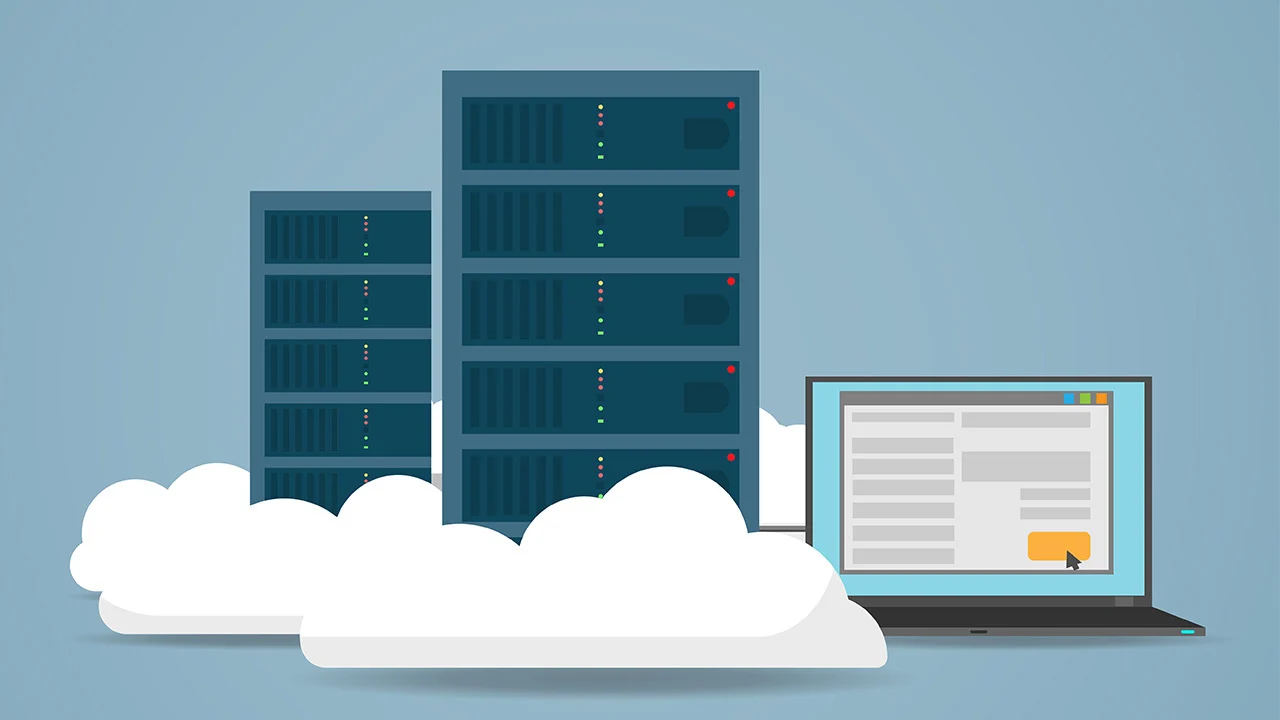Having a website is crucial for the success of any modern business. However, it’s not enough to just have a website; it needs to be secure, reliable, and fast. That’s why choosing the right web hosting provider is so important. The web hosting provider is responsible for storing your website and making it available to the world. With so many options available, finding the best web hosting provider for your business can be a daunting task.
In this blog post, we will guide you through the process of finding the best web hosting provider for your business. We will discuss things like the different types of hosting plans, the importance of reviews, and what to consider when choosing a web hosting provider. By the end of this post, you will have all the information you need to choose a web hosting provider that fits your business needs and budget.
If you’re like most business owners, you want to make sure your website is as secure and reliable as possible. That’s why you’re probably wondering: What are the best web hosting providers? To help answer that question, let’s take a look at some of the things to consider when selecting a web hosting provider.
Check Reviews

You can check reviews for a web hosting company on independent websites and review sites. You should also check their social media accounts for any negative or positive comments about the service they provide. If there are any negative comments, you’ll want to find out why people are dissatisfied with their experience with this provider.
If there are many positive reviews from customers who have used this service in the past, likely, you won’t have any problems using it yourself either!
Get Hosting Plans That Fit Your Business Needs
To get the most out of your web hosting plan, you need to have a plan that fits your business needs. A good place to start is with the different types of plans available and how they compare.
- Shared Hosting: This is the most basic type of hosting plan. It allows you to host multiple websites on one server and share resources like bandwidth and storage space with other users. You’ll probably want this option if you’re just starting as a small business or if your website doesn’t require very much traffic yet (less than 1 GB per month).
- VPS Hosting: If shared hosting isn’t enough for your needs but purchasing dedicated servers isn’t practical either, then VPS could be what you’re looking for! With virtual private servers (VPS), customers get their dedicated hardware resources while still having access to common services like firewalls and load balancers through shared infrastructure maintained by technical support staff members who work 24/7/365 days per year so there are never any downtimes when someone might need help urgently because everything will always be running smoothly on its terms regardless of whether there’s an issue since everything has been planned thoroughly beforehand making sure nothing goes wrong even though accidents do happen sometimes but not often enough where people can get upset about them happening too often either way which means everyone wins here!
Think About the Right-Sized Web Hosting Plan for Your Company

When you’re looking for a web hosting services for small business, it’s important to understand that many factors go into choosing the right plan. The right size plan for your company depends on your needs and budget. You need to know how many users you have and their usage patterns, what kind of files they upload (or expect to upload), and how much bandwidth they use on average.
Get a Service That Can Support Your Needs and Growth
When choosing a web hosting provider, it’s important to consider how much space and bandwidth you need. You’ll also want to make sure that the service can support your future growth.
- Make sure you have enough space for your website: You need enough room on the server so that all of your files are stored there without being deleted or overwritten by other files (this is called “disk space”). As part of this process, be sure to check out what kind of disk space each plan offers–you may find that some plans offer more than others at the same price point.
- Make sure you have enough bandwidth: Bandwidth refers to how much data can be transferred from one place in one second–i.e., how quickly content will load on someone else’s computer when they visit your site. The amount of bandwidth needed depends on how much video is hosted on your site; if it has lots of video content with high-resolution quality settings (high definition), then more bandwidth would be required than if there were less video content available at lower resolutions (standard definition).
Takeaway

- A web host is a company that provides you with the physical space to store your website, as well as a connection to the internet.
- When choosing a web host for your business, it’s important to consider its reliability and security features. You should also look at how much they charge for plans and how long they offer them.
- Once you have chosen a web hosting company, make sure that they provide support 24/7 in case anything goes wrong with your site or any of its elements (for example: if there is an update or maintenance).
Conclusion
If you’re looking for a new web hosting provider, we hope these tips help you find one that’s right for your business. We know how important it is to find the best possible solution that fits your needs and can grow with them over time.
In conclusion, choosing the right web hosting provider is crucial for the success of your business. It’s important to consider factors such as reliability, security, cost, and support when making your decision. Researching independent reviews and reading about the different plans offered by various providers can help you make an informed choice.
When selecting a plan, think about the size of your business and its future growth. Make sure you have enough disk space and bandwidth to accommodate your needs. Additionally, ensure that the provider offers 24/7 support in case of any issues with your website.
Remember, the web host you choose plays a critical role in the success of your business website. Take the time to do your research and find a provider that meets all your needs and supports your growth over time. If you have any questions or need help finding the right web host, don’t hesitate to reach out for assistance.









